NAMES ANALYSIS REPORT
You searched for:"Sousa",
Here's what we found
The English meaning of Sousa is See Shushan.
The name Sousa is of Portuguese,Hebrew origin.
There are many indicators that the name Sousa may be of Jewish origin, emanating from the Jewish communities of Spain and Portugal.
When the Romans conquered the Jewish nation in 70 CE, much of the Jewish population was sent into exile throughout the Roman Empire. Many were sent to the Iberian Peninsula. The approximately 750,000 Jews living in Spain in the year 1492 were banished from the country by royal decree of Ferdinand and Isabella. The Jews of Portugal, were banished several years later. Reprieve from the banishment decrees was promised to those Jews who converted to Catholicism. Though some converted by choice, most of these New-Christian converts were called CONVERSOS or MARRANOS (a derogatory term for converts meaning pigs in Spanish), ANUSIM (meaning "coerced ones" in Hebrew) and CRYPTO-JEWS, as they secretly continued to practice the tenets of the Jewish faith.
Our research has found that the family name Sousa is cited with respect to Jews & Crypto-Jews in at least 4 bibliographical, documentary, or electronic references:
The Inquisitors and the Jews in the New World, by Seymour B. Liebman. Reports the names of people who appeared before the inquisition in the New Spain
Except for a brief introduction, the entire book is a listing of Inquisition Records in the New World. This is a source for converso names in the New World.
Jews in Colonial Brazil, by Arnold Wiznitzer
Professor Wiznitzer gathered detailed information about individual Jewish settlers in colonial Brazil and about cases where they were brought before the Inquisition at Lisbon, and his study throws new light on some phases of Brazilian colonial history. Many Jews fled to Brazil and others were deported to the colony as convicted heretics after the King of Portugal attemtped to compel all of his Jewish subjects to accept Christianity in 1497.They were active in the establishment of the sugar industry and in trade, and they maintained close relations with another large group of exiles who had taken refuge in Amsterdam.Most of the "new Christians" continued to practice the old religion secretly.
Sangre Judia (Jewish Blood) by Pere Bonnin. Flor de Viento, Barcelona, 2006. A list of 3,500 names used by Jews, or assigned to Jews by the Holy Office (la Santo Oficio) of Spain. The list is a result of a census of Jewish communities of Spain by the Catholic Church and as found in Inquisition records.
Pere Bonnin, a philosopher, journalist and writer from Sa Pobla (Mallorca), a descendant of converted Jews, settles with this work a debt "owed to his ancestors", in his own words. The book, written in a personal and accessible style and based on numerous sources, includes a review of basic Jewish concepts, Jewish history in Spain, and Christian Anti-Semitism. There is also a section that focuses on the reconciliation between the Church and Monarchy and the Jews, which took place in the 20th Century. In this study, Bonnin deals in depth with the issue of surnames of Jewish origin. In the prologue, the author explains the rules he followed in the phonetic transcription of surnames of Hebrew origin that are mentioned in the book. The researcher cites the Jewish origin, sometimes recognized and other times controversial, of historically prominent figures (like Cristobal Colon, Hernan Cortes, Miguel de Cervantes Saavedra and many others) and links between surnames of Jewish origin with some concepts in Judaism.. The book also includes an appendix with more than three thousands surnames "suspected" of being Jewish, because they appear in censuses of the Jewish communities and on the Inquisitorial lists of suspected practitioners of Judaism, as well as in other sources. In the chapter "Una historia de desencuentro", the author elaborates on surnames of Jewish origin of the royalty, nobility, artistocracy, clergy, and also of writers, educators and university teachers during the Inquisition. Special attention is given to the "Chuetas" of Mallorca, the birthplace of the author.
The Abarbanel Foundation Website, "Reintegrating the Lost Jews of Spain & Portugal"
List of names of forcibly converted Jews who were tried by the Spanish Inquisition for practicing Judaism in Mexico in the years 1528 - 1815
Around the 12th century, surnames started to become common in Iberia. In Spain, where Arab-Jewish influence was significant, these new names retained their old original structure, so that many of the Jewish surnames were of Hebrew derivation. Others were directly related to geographical locations and were acquired due to the forced wanderings caused by exile and persecution. Other family names were a result of conversion, when the family accepted the name of their Christian sponsor. In many cases, the Portuguese Jews bear surnames of pure Iberian/Christian origin. Many names have been changed in the course of migration from country to country. In yet other cases "aliases", or totally new names, were adopted due to fear of persecution by the Inquisition.
Some interesting facts about the name this name are : A Jewish community existed in COVILHÃ, Portugal from the middle of the 12th century until 1496–97. A rabbi, called ouvidor, appointed by the *Arraby Mor for the province of Beira Alta, resided in Covilhã. After 1497 Covilhã became an important Crypto-Jewish center. In 1543 a large *auto-da-fé was held in Covilhã with many judaizers sentenced to the stake. A number of the Crypto-Jewish families of Covilhã, such as the Mendes, De *Castro, Sousa, *Pinto, *Seixas, and *Mesquita families, emigrated from Portugal to other Western European countries, the Netherlands and England, where they returned to Judaism. The governor of Brazil in 1549 was Tomé de Sousa. The ambassador of Portugal in London in 1643 was Antonio de Sousa



